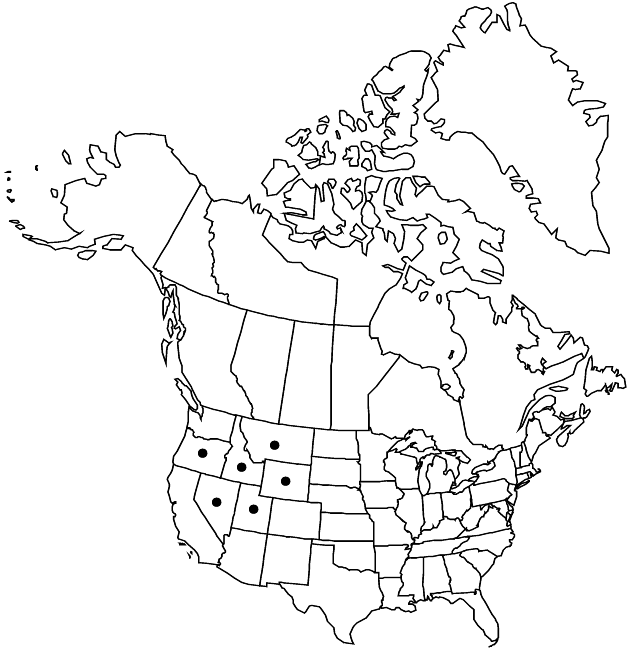Difference between revisions of "Senecio sphaerocephalus"
Pittonia 3: 106. 1896.
Synonyms: Senecio altus Rydberg Senecio latus Rydberg Senecio lugens var. hookeri D. C. Eaton
FNA>Volume Importer |
FNA>Volume Importer |
||
| Line 11: | Line 11: | ||
|name=Senecio altus | |name=Senecio altus | ||
|authority=Rydberg | |authority=Rydberg | ||
| + | |rank=species | ||
}} {{Treatment/ID/Synonym | }} {{Treatment/ID/Synonym | ||
|name=Senecio latus | |name=Senecio latus | ||
|authority=Rydberg | |authority=Rydberg | ||
| + | |rank=species | ||
}} {{Treatment/ID/Synonym | }} {{Treatment/ID/Synonym | ||
|name=Senecio lugens var. hookeri | |name=Senecio lugens var. hookeri | ||
|authority=D. C. Eaton | |authority=D. C. Eaton | ||
| + | |rank=variety | ||
}} | }} | ||
|hierarchy=Asteraceae;Asteraceae tribe Senecioneae;Senecio;Senecio sphaerocephalus | |hierarchy=Asteraceae;Asteraceae tribe Senecioneae;Senecio;Senecio sphaerocephalus | ||
| Line 40: | Line 43: | ||
-->{{#Taxon: | -->{{#Taxon: | ||
name=Senecio sphaerocephalus | name=Senecio sphaerocephalus | ||
| − | |||
|authority=Greene | |authority=Greene | ||
|rank=species | |rank=species | ||
| Line 55: | Line 57: | ||
|publication year=1896 | |publication year=1896 | ||
|special status= | |special status= | ||
| − | |source xml=https://jpend@bitbucket.org/aafc-mbb/fna-data-curation.git/src/ | + | |source xml=https://jpend@bitbucket.org/aafc-mbb/fna-data-curation.git/src/eaa6e58056e40c9ef614d8f47aea294977a1a5e9/coarse_grained_fna_xml/V19-20-21/V20_1228.xml |
|tribe=Asteraceae tribe Senecioneae | |tribe=Asteraceae tribe Senecioneae | ||
|genus=Senecio | |genus=Senecio | ||
Revision as of 19:25, 16 December 2019
Perennials, (30–)40–80 cm (rhizomes stout). Herbage tomentose, unevenly glabrescent. Stems single. Leaves reduced distally; petiolate; blades oblanceolate to elliptic, 4–12× 1–4 cm, bases tapered, margins weakly dentate or denticulate (denticles callous; mid leaves similar, smaller; distal leaves bractlike). Heads (3–)5–24 in corymbiform arrays. Calyculi of 1–5 bractlets (longest 2–3 mm). Phyllaries (± 13) ± 21, 3–7 mm, tips black or brownish. Ray florets ± 13; corolla laminae 6–10 mm. Cypselae usually hairy, sometimes glabrous. 2n = 40.
Phenology: Flowering spring–early summer.
Habitat: Open meadows, especially in coniferous associations
Elevation: 1000–1800 m
Distribution

Idaho, Mont., Nev., Oreg., Utah, Wyo.
Discussion
Selected References
None.
Lower Taxa
None.